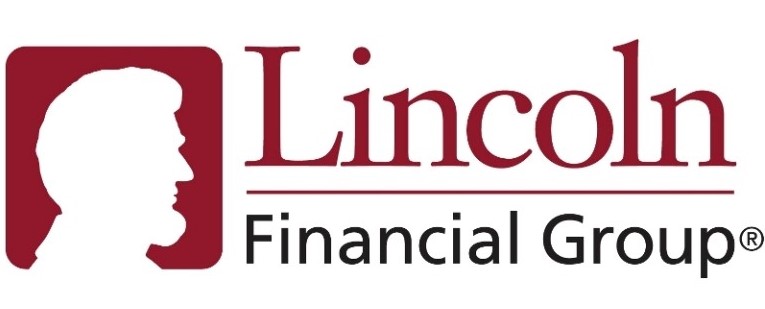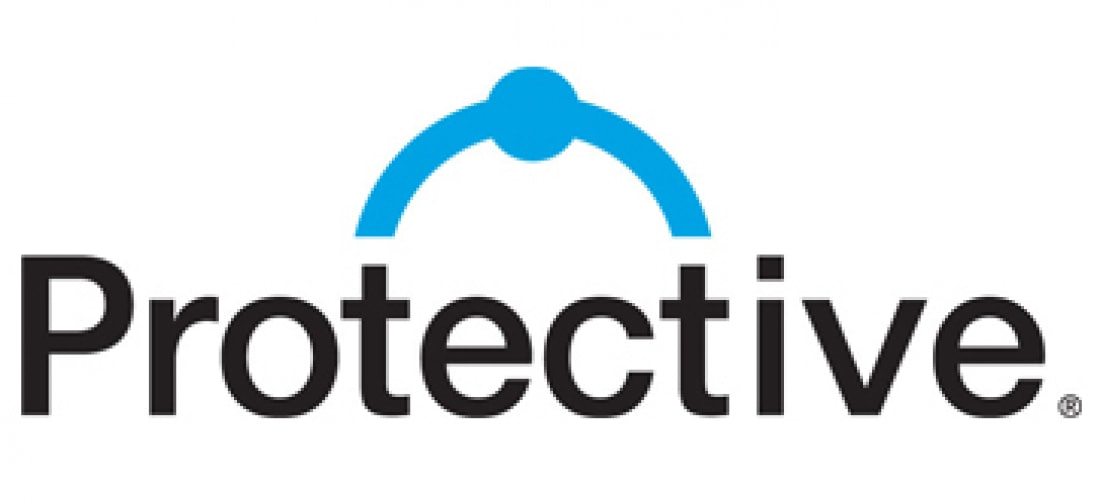Wealth Transfer
You have accumulated substantial assets. You would like to preserve and transfer as much of your assets as you can to your heirs and/or charities. But estate taxes and costs of long-term care may significantly erode your assets. Life insurance and long-term care insurance, along with a thoughtfully constructed estate plan can help you to efficiently maximize what your heirs ultimately receive.
Additionally, if you are a business owner, your business is likely the most valuable asset you own. So it's critical to have a clear plan for fully monetizing your business at some point in the future, and, until then, safeguard it from the unexpected. Yet, most business owners do not even know how much their business is worth. A well-crafted business succession plan is an integral component of a sound estate plan. |
Protect and Preserve Your Estate
// Provide liquidity to meet estate tax obligations efficiently // Maximize generational estate // Leverage charitable giving // Equalize inheritance among heirs // Provide financial security for a child with special needs // Safeguard your business from the unexpected |
Executive Benefits
Why executive benefits? Take a moment to think about the success of your organization. How much of that success is related to your employees? Chances are, you have select key employees that play important roles in your organization. Where would you be without them?
You may ask yourself, will your key employees be able to save enough money for retirement with the current benefits you have in place? Do your competitors offer benefits that might draw valuable employees away from your organization? Having the right tools to recruit, reward, retain and retire those key employees can make all the difference. By providing additional benefits and features, executive benefits can play a big role in helping your organization by helping your key employees. They can also help them make up for benefits lost due to limitations on qualified retirement plans and Social Security. The result? More engaged and loyal employees and a great recruiting tool, too. |
Recruit | Reward | Retain | Retire
// Salary deferrals above qualified plan limits // Compensation plan around meeting organizational goals // Life insurance above group term limit // Disability insurance above group plan limit // Long-term care insurance for key employees // Life insurance for non-U.S. executives |
Insurance is unique... and Complicated

Insurance is a unique financial instrument with features that are unavailable in any other financial products. For example, only an annuity—and no other financial product—can provide you with guaranteed income for as long as you live. Similarly, insurance can also assume the risk of losing your income from disability or paying for costs of long-term care in exchange for a relatively small price. On top of that, Uncle Sam has given his full blessing to grieving family members or a devastated business to receive life insurance proceeds free of income tax.
Insurance is also complicated—far more so than most people might realize. It's misunderstood even by many financial advisors. There is also an alarming amount of misinformation proliferating through articles, blogs and other media channels from otherwise credible sources. Their apparent bias against how insurance products are sold (read: commissioned salespeople) seems to cloud their judgement to properly respect and rationally analyze this unique and useful financial instrument.
But we cannot overstate the importance of the "science" behind sensible insurance planning—carrier due diligence, product selection, policy design, underwriting, income and estate tax implications, legal aspects, and so on—that requires considerable expertise and experience.
Additionally, it should be remembered that insurance should be an integral part of a sound financial and business plan. Whether it's protecting your family's lifestyle, safeguarding your business from the unexpected, providing estate liquidity, or providing executive benefits, insurance should make sense in the context of your overall financial and business plan.
Insurance is also complicated—far more so than most people might realize. It's misunderstood even by many financial advisors. There is also an alarming amount of misinformation proliferating through articles, blogs and other media channels from otherwise credible sources. Their apparent bias against how insurance products are sold (read: commissioned salespeople) seems to cloud their judgement to properly respect and rationally analyze this unique and useful financial instrument.
But we cannot overstate the importance of the "science" behind sensible insurance planning—carrier due diligence, product selection, policy design, underwriting, income and estate tax implications, legal aspects, and so on—that requires considerable expertise and experience.
Additionally, it should be remembered that insurance should be an integral part of a sound financial and business plan. Whether it's protecting your family's lifestyle, safeguarding your business from the unexpected, providing estate liquidity, or providing executive benefits, insurance should make sense in the context of your overall financial and business plan.
What Insurance Can Do For You
// Enable surviving family members to maintain their lifestyle
// Maintain your lifestyle if you cannot work due to illness or injury
// Minimize significant erosion of estate due to costs of long-term care
// Provide liquidity to meet estate tax obligations
// Leverage assets to maximize generational estate or charitable giving
// Equalize inheritance among heirs
// Provide financial security for a child with special needs
// Hedge against longevity with guaranteed lifetime income
// Enable a business to "buy time" if an owner or a key employee dies or is disabled
// Provide funds for surviving owners to buy deceased/disabled owner's business interest
// Allow key employees to defer salaries above qualified plan limits
// Carve out insurance and retirement benefits exclusively for key employees
// Maintain your lifestyle if you cannot work due to illness or injury
// Minimize significant erosion of estate due to costs of long-term care
// Provide liquidity to meet estate tax obligations
// Leverage assets to maximize generational estate or charitable giving
// Equalize inheritance among heirs
// Provide financial security for a child with special needs
// Hedge against longevity with guaranteed lifetime income
// Enable a business to "buy time" if an owner or a key employee dies or is disabled
// Provide funds for surviving owners to buy deceased/disabled owner's business interest
// Allow key employees to defer salaries above qualified plan limits
// Carve out insurance and retirement benefits exclusively for key employees

















